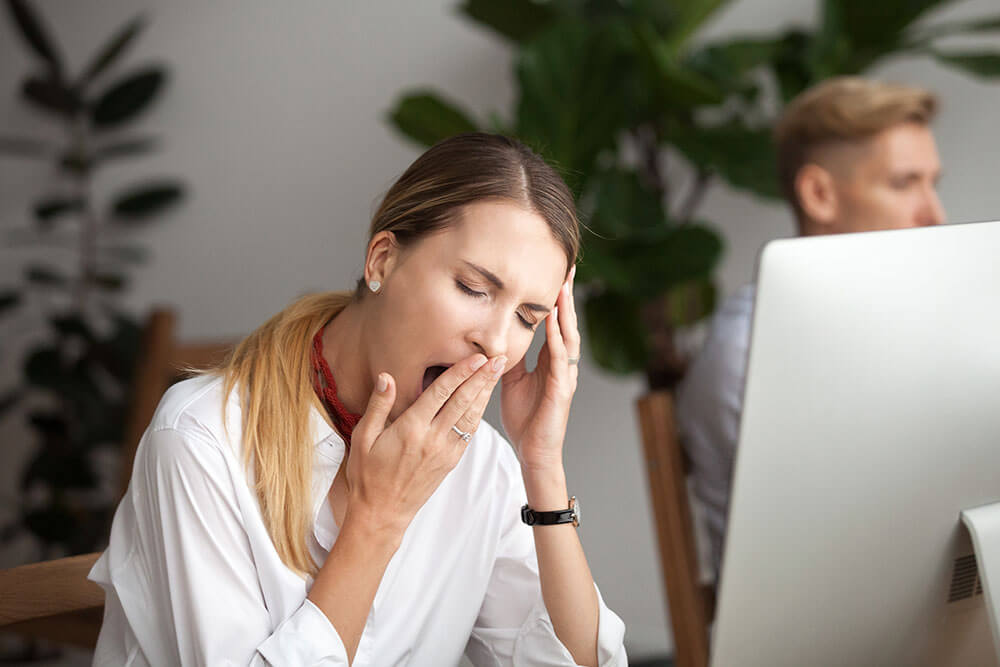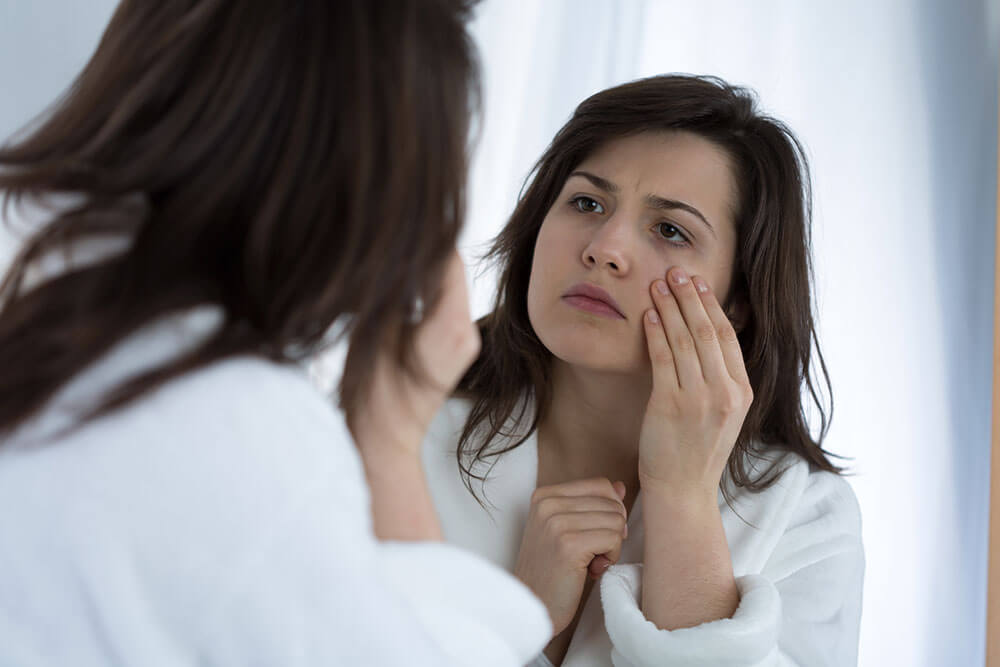
What is Sleep Apnea?
Although sleep apnea is often accompanied by snoring, snoring and sleep apnea are two separate conditions. Snoring is simply a sound made by the vibration of tissue as one breathes during sleep. Sleep apnea is a sleep disorder that causes a patient to stop breathing several times at night during sleep.
If you think your heavy snoring might be a sign of sleep apnea, contact Dr. Jim Beck to schedule an appointment. We’ll make sure you get the proper diagnosis. And even if you’re not suffering from sleep apnea, Dr. Beck can treat your snoring.
Common Symptoms of Sleep Apnea
The stoppage of breathing that afflicts sleep apnea sufferers occurs several times during the course of the night. It’s punctuated by a loud gasping noise when the patient’s brain awakens them in order to get them to start breathing again. Because sleep apnea occurs while the person is sleeping, it’s often your sleep mate who first notices these symptoms.
People who suffer from sleep apnea are frequently unaware that they’re waking up several times every night. But each time they do, it pulls them out of their deep sleep. This causes you to feel drowsy and irritable during the day.

The condition is also associated with serious health issues including strokes and high blood pressure. Common symptoms of sleep apnea include:
- Restless sleep
- Difficulty concentrating
- Heavy snoring
- Chronic daytime fatigue and irritability
- Irregular heartbeat
- Insomnia
- Anxiety
- Depression
- Gasping noises during sleep
- Morning headaches, sore throat, and dry mouth
- Frequent pauses in breathing during the night
- Impotence
- High blood pressure

Causes and Risk Factors for Sleep Apnea
Over 90 percent of sleep apnea cases result from some type of obstruction in the airway, a condition which is called Obstructive Sleep Apnea (OSA). There are a number of factors that can cause the blockage of the airway that results in OSA, including the size and shape of a patient’s jaw, tongue, throat, neck, and adenoids.
Other factors that can make you more vulnerable to OSA include your family history and health issues such as obesity. Neurological disorders such as Parkinson’s disease, Alzheimer’s disease, and ALS are additional medical issues that can contribute to OSA. Excessive drinking, smoking, and narcotic use exacerbate sleep apnea. Sleep apnea is more likely to develop in older adults, making the symptoms more noticeable as you age.
